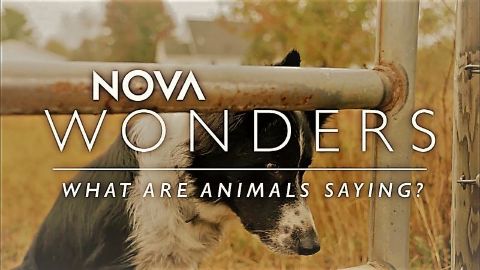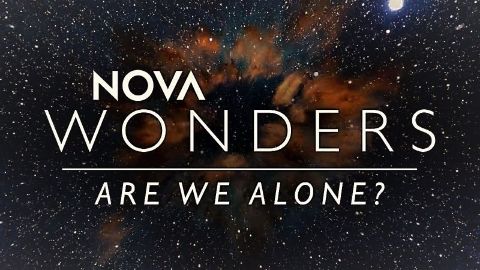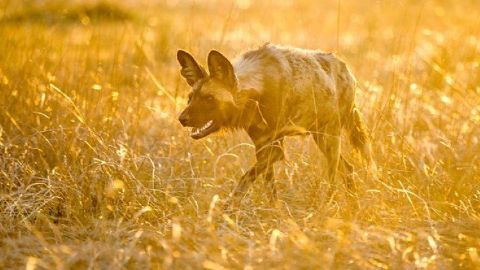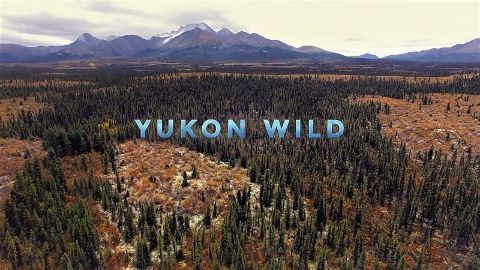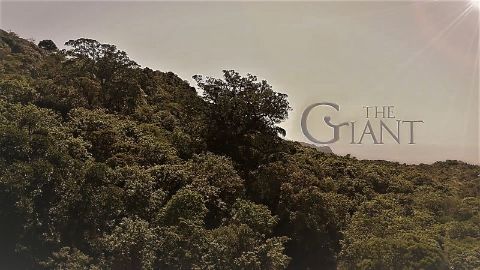What Are Animals Saying? • 2018 • episode "1" • Nova Wonders
From singing whales and squeaking bats to thumping spiders and clicking dolphins, the world is filled with the exotic sounds of our fellow creatures. What are they saying? While we believe language sets us apart, some animals demonstrate they can learn our language—like Chaser the dog, who recognizes hundreds of words, and Kanzi the bonobo, who appears to have a sophisticated understanding of spoken English. But can we decode their own communications? NOVA Wonders follows researchers around the globe who are deciphering an amazing array of clues that reveal how animals share information critical to their survival. Will we one day be able to write the bat dictionary or decode the hidden sign language of chimps? And what can these findings tell us about the roots of our own language?
Make a donation
Buy a brother a hot coffee? Or a cold beer?
Hope you're finding these documentaries fascinating and eye-opening. It's just me, working hard behind the scenes to bring you this enriching content.
Running and maintaining a website like this takes time and resources. That's why I'm reaching out to you. If you appreciate what I do and would like to support my efforts, would you consider "buying me a coffee"?
Donation addresses
BTC: bc1q8ldskxh4x9qnddhcrgcun8rtvddeldm2a07r2v
ETH: 0x5CCAAA1afc5c5D814129d99277dDb5A979672116
With your donation through , you can show your appreciation and help me keep this project going. Every contribution, no matter how small, makes a significant impact. It goes directly towards covering server costs.
